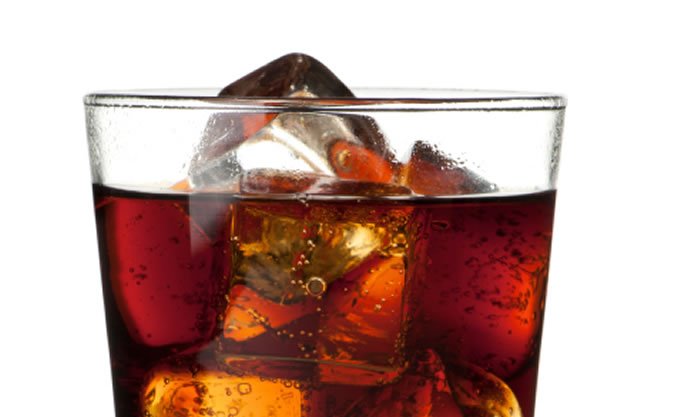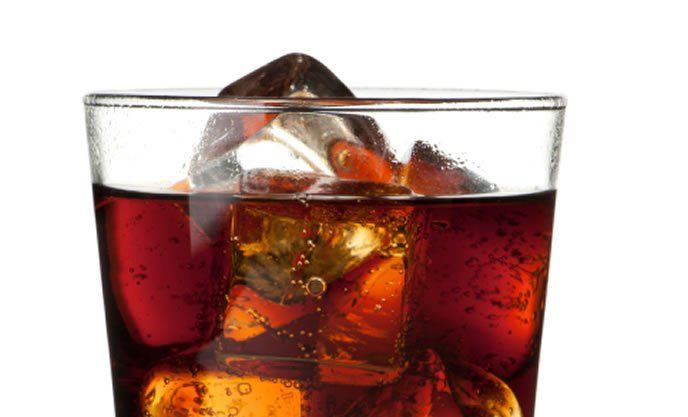Women who drink two or more sugar-sweetened beverages a day may be increasing their cardiovascular risk factors—even if they don’t gain weight. Research presented at a meeting of the American Heart Association reports that regular consumers of sugary drinks were more likely to develop high triglyceride levels and impaired fasting glucose, compared to women sipping less than a single daily sugar-sweetened beverage.

Christina Shay, PhD, of the University of Oklahoma, and colleagues looked at data on 4,166 adults, ages 45 to 84, initially free of cardiovascular disease, who were participating in the Multi-Ethnic Study of Atherosclerosis (MESA).
Over an average of about five years, women who drank at least two sugary drinks daily were also more likely to gain weight and increase waist size. The unhealthy changes in heart-disease risk factors were observed regardless of changes in weight, however. And women whose waist size increased weren’t necessarily gaining weight.
Shay commented, “Most people assume that individuals who consume a lot of sugar-sweetened drinks have an increase in obesity, which in turn, increases their risk for heart disease and diabetes. Although this does occur, this study showed that risk factors for heart disease and stroke developed even when we accounted for whether or not the women gained weight.”
The same associations weren’t seen in men consuming sugary drinks. “Women exhibit lower energy requirements overall and they may be at elevated risk for… cardiovascular risk factors when a greater proportion of calories is consumed in the form of sugar-sweetened beverages,” Shay said.
The study was not designed to prove cause and effect, and has not yet been published in a peer-reviewed scientific journal. Nonetheless, Alice H. Lichtenstein, DSc, director of Tufts’ HNRCA Cardiovascular Nutrition Laboratory, says, “This study adds to the data we already have that people should displace sugar-sweetened beverages with non-caloric beverages, preferably water. Although some people feel they can’t do it, they really should give it a try for a week. I suspect after that time they will not want to go back to their original beverages and will feel good about making the change.”
TO LEARN MORE: American Heart Association, (800) AHA-USA-1, www.heart.org.
























